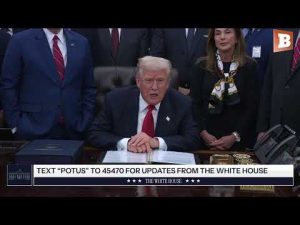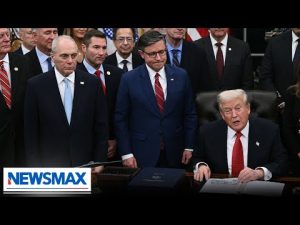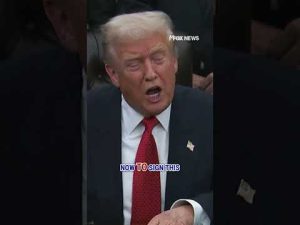In the realm of contemporary politics, where irony and contradiction seem to take center stage, the recent buzz around the H-1B visa program highlights an amusing yet serious paradox. This debate showcases how the dance between political promises and the reality of governance can sometimes be a tad awkward. As the American dream seems to slip further from the grasp of everyday citizens, some leaders propose extreme measures to restore it, while others appear to renege on earlier stances.
Led by figures like Charlie Kirk, some conservatives have championed radical reforms aimed squarely at curbing immigration. They argue that the swelling number of American youth who can’t afford homes or start families has hit a crisis point. Kirk’s proposition was nothing short of dramatic: tightening visa quotas and advocating for policies benefiting American citizens. Kirk’s views have gained notable attention, serving as a rallying cry for those who feel left out of the American dream.
While Kirk’s unapologetic stance hit home with many, recent comments by former President Donald Trump stirred the pot, generating waves both shocking and comical. Once a voice for curbing program abuses, Trump now emphasizes the necessity for America to harness foreign “talent,” adding complexity to his prior America-first rhetoric. His supporters, naturally, find this emphasis a bit hard to swallow and fear it might dilute their trust in his nationalist agenda.
The back-and-forth is reminiscent of a political tap dance, one that mirrors the classic clash of ideals versus economic realities. Trump defends bringing skilled workers for specialized roles that, he argues, can’t be filled from the local talent pool. This prompts questions about past achievements where native talent propelled technological wonders, sans an influx of H-1B visas. Observers might wonder: Has America changed so much that it can no longer stand solely on its citizens’ expertise?
All the while, those of staunch conservative ideals maintain the dream of an America made great by its own hands, calling for policies they see as common sense. They push back against foreign dependency, yearning for an era of self-reliance that developed missiles, computers, and moon missions without tethered servants from overseas. Critics call for bold immigration reform, believing it’s not only feasible but necessary to reinvigorate the American workforce.
In this theatrical political saga, the stark contrast in opinions on immigration ties back to a larger narrative: a pursuit of a united national identity that seems ever elusive. With personalities like Charlie Kirk having championed radical change and others wavering under pressure, the question remains whether America can indeed rediscover its self-made ethos, or if the realities of globalization have forever altered the landscape. As we ponder the next steps, one thing is clear: in the political missteps and maneuvers, there’s always a punchline waiting for the careful observer.







